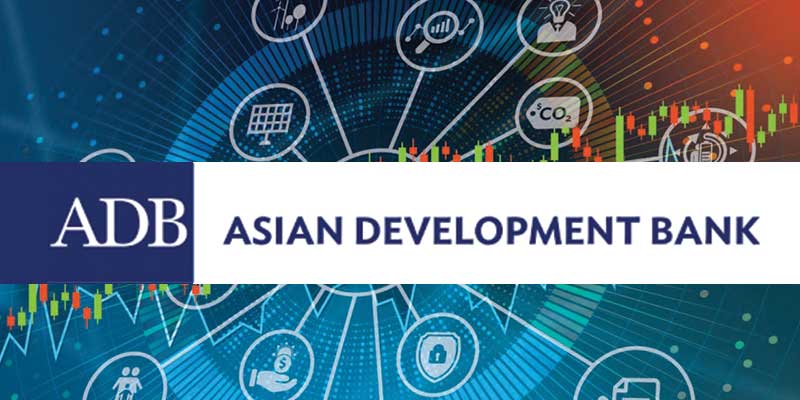- India
- Nov 08
ADB, India sign $200 mn loan to upgrade urban mobility in Uttarakhand
• The government of India and the Asian Development Bank signed a $200 million (about Rs 1,680 crore) loan to help upgrade urban mobility, flood management and integrated public services in Uttarakhand.
• The European Investment Bank is co-financing the project with $191 million on a parallel basis.
Highlights of the project:
• The project aligns with the government of India’s urban development agenda as well as the Uttarakhand government’s initiatives to enhance urban services, aiming to boost livability and sustainability in cities.
• It aims to create urban infrastructure that is resilient to climate and environmental risks such as floods and landslides, ensuring the safety and health of Uttarakhand’s population.
• It will also build the capacity of the state agencies in project management, climate and disaster-resilient planning, own-source revenue generation, and gender mainstreaming.
• The project will enhance transportation, urban mobility, drainage, flood management, and overall public services in Haldwani, the economic hub of the state.
• Additionally, it will improve water supply delivery in four towns — Champawat, Kichha, Kotdwar, and Vikasnagar — by developing efficient and climate-resilient water supply systems.
• In Haldwani, the project will develop 16 km of climate-resilient roads, establish an intelligent traffic management system, deploy compressed natural gas buses, and pilot electric buses. To prepare the city against disasters, the project will construct 36 km of stormwater and roadside drains to improve flood management and implement an early warning system.
Asian Development Bank
• The Asian Development Bank (ADB) envisions a prosperous, inclusive, resilient, and sustainable Asia and the Pacific, while sustaining its efforts to eradicate extreme poverty in the region.
• From 31 members at its establishment in 1966, ADB has grown to encompass 68 members — of which 49 are from within Asia and the Pacific and 19 outside.
• ADB assists its members, and partners, by providing loans, technical assistance, grants, and equity investments to promote social and economic development.
• ADB maximises the development impact of its assistance by facilitating policy dialogues, providing advisory services, and mobilising financial resources through co-financing operations that tap official, commercial, and export credit sources.
• Committed to pursue a differentiated approach for states at different stages of development, ADB prioritises projects on basic services, critical infrastructure and services, institutional strength, and private sector development through sovereign operations in low-income states.
• Support for more developed states focuses on transformational programmes with policy and knowledge advice, combined with non-sovereign operations.
History of ADB
• ADB was conceived in the early 1960s as a financial institution that would be Asian in character and foster economic growth and cooperation in one of the poorest regions in the world.
• A resolution passed at the first Ministerial Conference on Asian Economic Cooperation held by the United Nations Economic Commission for Asia and the Far East in 1963 set that vision on the way to becoming reality.
• The Philippines capital of Manila was chosen to host the new institution, which opened on December 19, 1966, with 31 members that came together to serve a predominantly agricultural region. Takeshi Watanabe from Japan was ADB’s first president.
ADB and India
• India was a founding member of ADB in 1966 and fourth largest shareholder.
• ADB started operations in India in 1986.
• As of December 31, 2023, ADB has committed 623 public sector loans, grants, and technical assistance totaling $55.3 billion to India. ADB’s current sovereign portfolio in India includes 67 loans worth $14.15 billion.
• Cumulative sovereign and non-sovereign loan and grant disbursements to India amount to $43.45 billion. These were financed by regular ordinary capital resources and other special funds.
• ADB has said that it will continue to focus on projects and programmes that accelerate India’s structural transformation, create jobs, address infrastructure gaps, promote green growth, and foster social and economic inclusiveness while deploying smart technologies and innovations.
• In 2023, ADB approved additional funding to support India’s national industrial corridor development programme to enhance its manufacturing competitiveness along with a loan for Visakhapatnam-Chennai Industrial Corridor Development.
• Two policy-based loans were committed to support the government’s urban reforms agenda at the state level and power sector reforms to facilitate the shift to renewable energy.
Manorama Yearbook app is now available on Google Play Store and iOS App Store


